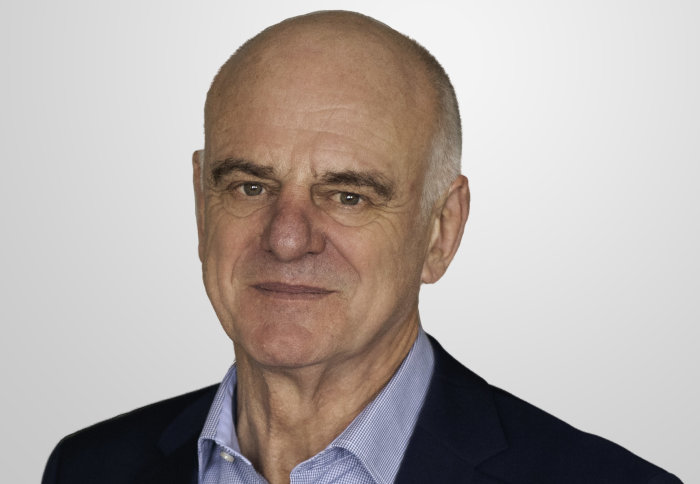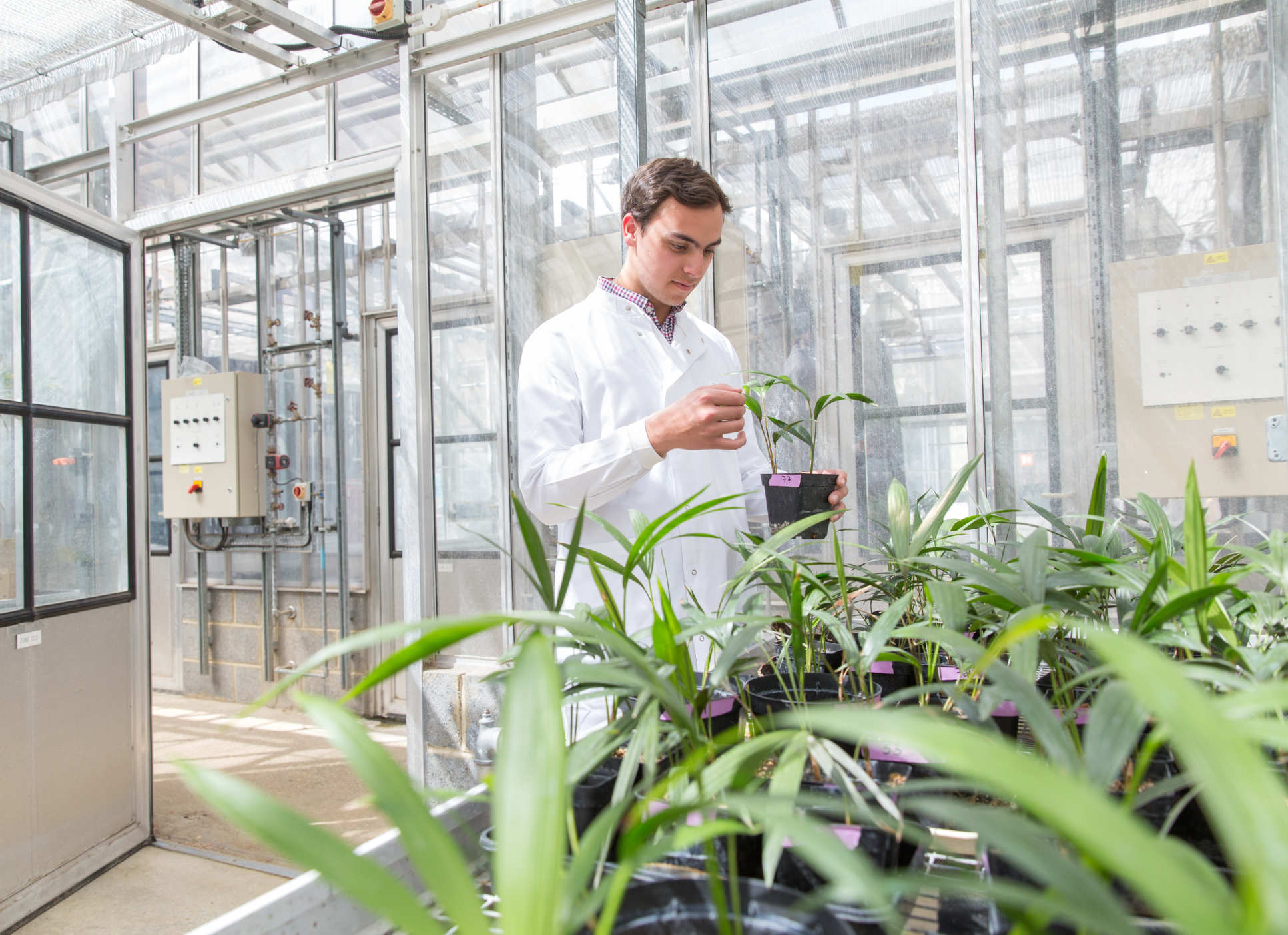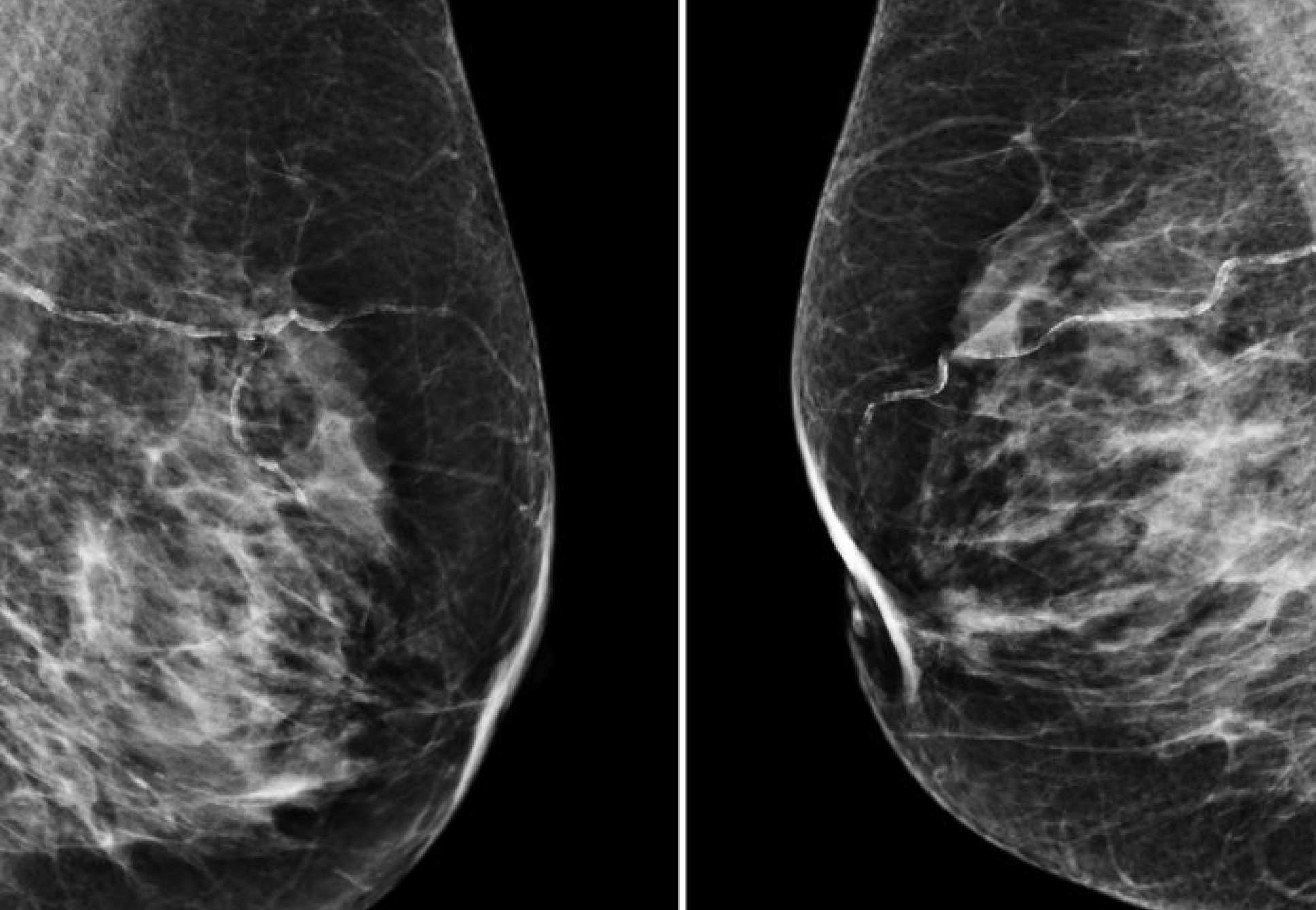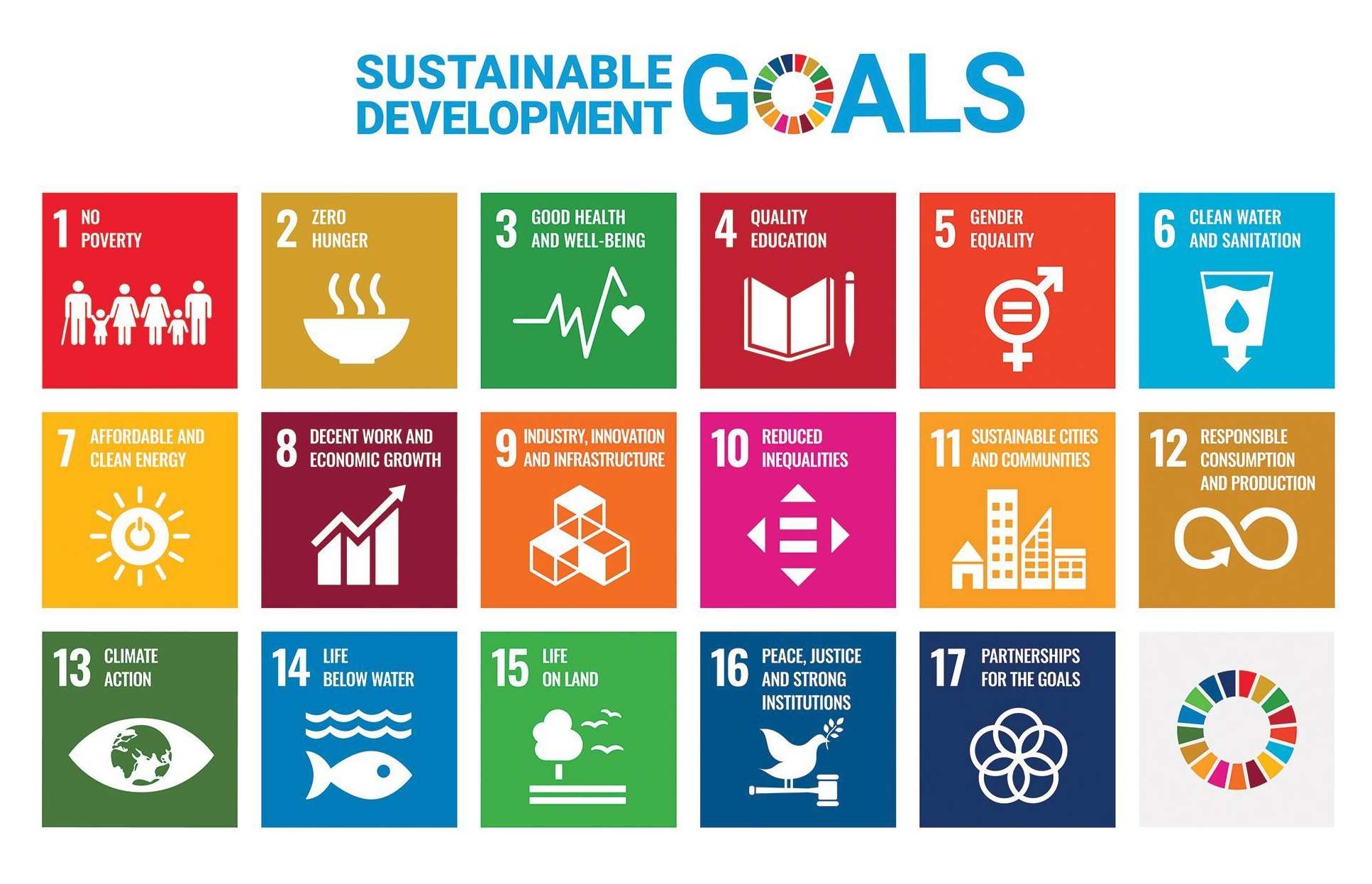Imperial's David Nabarro on his role creating the SDGs and how to achieve them

Imperial's Professor David Nabarro speaks about his part in creating the United Nations Sustainable Development Goals (SDGs) and how to achieve them.
Before joining the College, Professor Nabarro was the Special Adviser to the United Nations (UN) Secretary-General on the 2030 Agenda for Sustainable Development.
He played a key part in the analysis and development of the Sustainable Development Agenda, which contains 17 goals and 169 targets. His particular area of focus was food and nutrition, and the reduction of hunger, which evolved into Goal 2 of the SDGs.
Professor Nabarro supported representatives of governments during the negotiations of the Agenda which was adopted by world-leaders at a landmark UN Summit in 2015.
Science is critical
Professor Nabarro, who is the Co-Director of the Institute of Global Health Innovation (IGHI), says that science is critical to achieving the Agenda and universities have a key role to play.
Professor Nabarro said: "Interdisciplinary science is critical because the Agenda covers all the different sectors that affect how we live.
"That means that we need all the different disciplines in a university to make certain that we can match what actually happens to the intentions that were established by the political leaders who produced the Sustainable Development Agenda."
Professor Nabarro added: "Without that science there really is a lot of difficulty in moving forward in a concerted and aligned fashion.
"To get there, universities are key, particularly universities that have strong links to their communities and are used to bringing together scientists from different disciplines so that they will work in synergy."
How can Imperial help to achieve the Goals?

Professor Nabarro said that Imperial is 'well placed' to approach the Agenda in the way it was designed.
"There is a huge amount of synergy between what Imperial stands for and what the Agenda requires.
"Imperial works with communities in London and beyond, it is a people centred university, believes in a universal, totally inclusive approach to the future and it doesn’t in any way discriminate.
"Imperial has an interconnected approach, for example, the institutes connect across academic disciplines.
"Imperial works for integration, if you look at how it operates it links up with business, government and different groups. Imperial is also oriented around partnerships."
Case study: Institute of Global Health Innovation

Professor Nabarro said that Imperial's Institute of Global Health Innovation is a good example of how the university already aligns with the underlying principles of the Agenda for Sustainable Development, such as partnering and interdisciplinary work.
Professor Nabarro said: "The Institute's approach to innovation is people-centred, with the patient experience guiding where we go.
"The Institute also takes a universal approach; it has connections with many different countries and institutions.
"It is also totally interdisciplinary and understands that health outcomes are very much the result of what happens in different disciplines. We see that in the linking together of AI and clinical medicine in some of the work that’s being done to improve the quality of screening processes.
"The Institute is very focused on integrated action. I see that, for example, with the links between this Institute and different parts of government and private sector."
The Sustainable Development Goals

The Sustainable Development Goals
Goal 1: No poverty
Goal 2: Zero hunger
Goal 3: Good health and well-being
Goal 4: Quality education
Goal 5: Gender equality
Goal 6: Clean water and sanitation
Goal 7: Affordable and clean energy
Goal 8: Decent work and economic growth
Goal 9: Industry, innovation and infrastructure
Goal 10: Reduced inequalities
Goal 11: Sustainable cities and communities
Goal 12: Responsible consumption and production
Goal 13: Climate action
Goal 14: Life below water
Goal 15: Life on land
Goal 16: Peace, justice and strong institutions
Goal 17: Partnerships for the Goals
Article text (excluding photos or graphics) © Imperial College London.
Photos and graphics subject to third party copyright used with permission or © Imperial College London.
Reporter
Stephen Johns
Communications Division